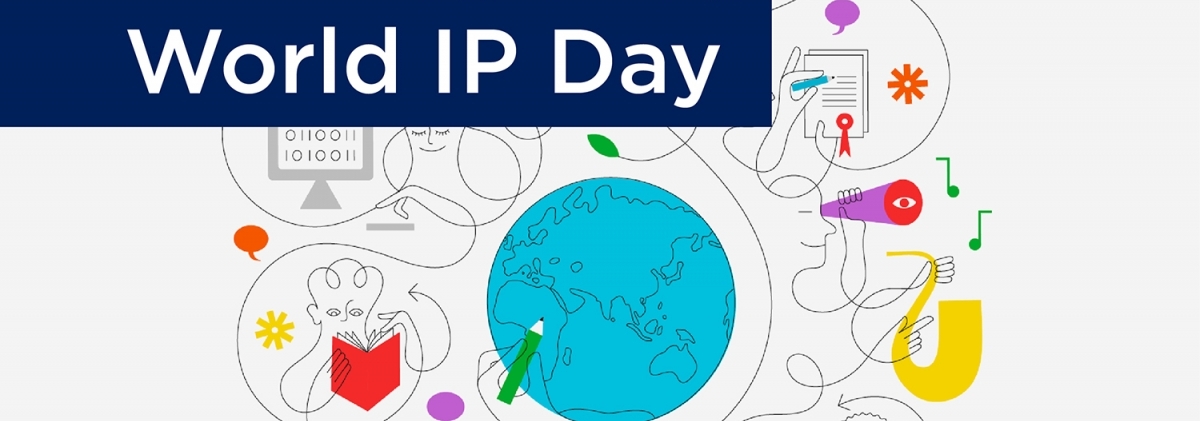Intellectual property for jobs and prosperity
In knowledge economies such as the EU, more and more companies invest in intellectual property (IP) rights, to protect the core value of their business.The fact of the matter is that IP begets jobs and prosperity. 83 million jobs in the EU can be attributed to IP-intensive industries, directly or indirectly. That is nearly 40% of all employment. Furthermore, the activities of these IP-intensive industries are worth €6.6 trillion, or 45% of the EU’s GDP.
On a firm-level basis, the benefits of owning IP rights are enormous. The level of revenue earned per employee by rights-holding SMEs is 68% higher than SMEs who do not hold any IP rights. The pattern is also true for large companies, with a margin of benefit of 18% more revenue per employee in the case of rights-holding companies. Meanwhile, for employees, there is a significant boon in wage-earning potential with companies that hold IP rights. Firms that own IP rights pay on average 20% more than firms that do not.
However, the clear benefits for all segments of society of intellectual property rights can be significantly eroded when these protections are undermined. In fact, for rights-holders and their authorised vendors, infringement of their intellectual property (IP) can cost them very dearly indeed. Counterfeiting leads to lost revenue and diminished brand value. For consumers, IP theft poses many real risks, from health and safety concerns, to lower satisfaction. Meanwhile, for governments, counterfeiting means lost tax revenues, higher unemployment and greater expenses incurred to remedy public safety threats and labour market distortions.
Trade and IP
The most IP-intensive sectors in the EU economy also account for the vast majority of the EU’s trade with the rest of the world, generating 96% of goods exports from the EU. Trade from sectors which make above-average use of IP rights brought a €182 billion trade surplus to the EU economy. What is more, Europe is a renowned world leader in innovation and knowledge-based activities. By the measure of science and technology intensity – which measures the sum of the patent and scientific publication shares divided by the population –European and US regions make up 27 of the top 30 for scientific output. This explains why the bilateral research and development flows between the US and the EU are the strongest in the world – with US foreign affiliates spending €33 billion in R&D in Europe in 2019.
However, the worldwide volume of trade in counterfeit goods is on the up, totalling 3.3% of world trade in 2019. The EU and the US are not immune - companies suffering from counterfeiting and piracy continue to be primarily based in the United States, France, Italy, Switzerland, Germany, Japan, Korea and the United Kingdom. In fact imports of counterfeits into the EU from the rest of the world are now estimated at EUR 121 billion, or 6.8 % of total EU imports.
Strong IP protections for more innovation
As the numbers demonstrate, intellectual property is good for business, because it generates more revenue; it is good for employees, because it means higher wages; it is good for end consumers, because it increases their welfare; and it is good for the wider economy, because it fosters growth.
Creativity produces innovation, which in turn produces prosperity. It is the bedrock of our position in the EU and the US as the foremost knowledge economies in the world, while for our SMEs, it is a fundament to bringing their ideas to market. We cannot let the threat of IP theft stifle creativity. As counterfeit trade continues to breach our markets, so we must continue to strengthen our IP frameworks. We must redouble efforts to improve IP enforcement beyond our own markets. The EU and the US must work together on that front. The future of our businesses depends on it.
Benjamin Neyt is Corporate Affairs Manager for LVMH. He is currently serving as the Chair of the AmCham EU Intellectual Property Committee.





